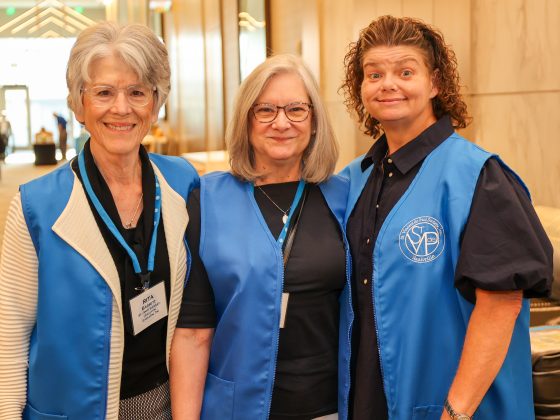To “offer humble advice” is a natural part of the home visit. [Manual, 2.1] Bl. Frédéric even listed “good advice” among the things we offer to the poor that we may ourselves one day stand in need of, rendering our help mutual, and therefore honorable. [O’Meara, 229]
Yet, at the same time, we are cautioned to “not be quick to advise” and to offer advice only when it is “wanted and appropriate.” Above all, we must never make our assistance dependent upon the neighbor taking our advice. [Conference President Handbook, 35]
To offer advice humbly is to acknowledge that we do not necessarily know what’s best; that ours is only an opinion based on our own experience. In the course of building “relationships based on trust and friendship” [Rule, Part I, 1.9] we will learn more about the neighbor’s experience, but they will always remain the experts on their own situation.
Advice between friends is always better received than advice from a stranger. Yet even between friends, advice must be given humbly. As Frédéric once described his own advice it in a letter to a friend, “they are not counsels, for I am not capable of counseling anyone; they are reflections I have had, and I pass them on to you for you to do whatever you wish.” [Letter 82, to Curnier, 1834]
The poor, like any other friend, are free to do whatever they wish with our advice, and that can’t be a condition for continued assistance. After all, what if they took our advice and it turned out badly for them? To offer advice humbly is to accept that this is entirely possible, and that it is therefore just as reasonable to reject our advice as to take it.
Frédéric once described the poor as “beaten souls, who always receive us the same way, always with the same reserve at the end of a year as on the first day, who are very careful not to contradict a single thing we say, but who for all that change none of their ways.” He went on to explain that this is one of the very reasons that we choose to assist them, even though “we could go to others who would listen and understand!” [Letter 107, to Curnier, 1835]
We sometimes talk about the poor becoming “dependent” on our assistance, but we should also be mindful that they can just as easily become dependent on our advice, particularly if we demand that they follow our advice as a condition of our assistance.
The poor are and always will be the experts in their own situations. Advice offered humbly is not an expression of expertise, but of love and encouragement as neighbors develop their own solutions, while we walk alongside them as friends.
Contemplate
Do I sometimes become impatient with neighbors who do not take my advice?



